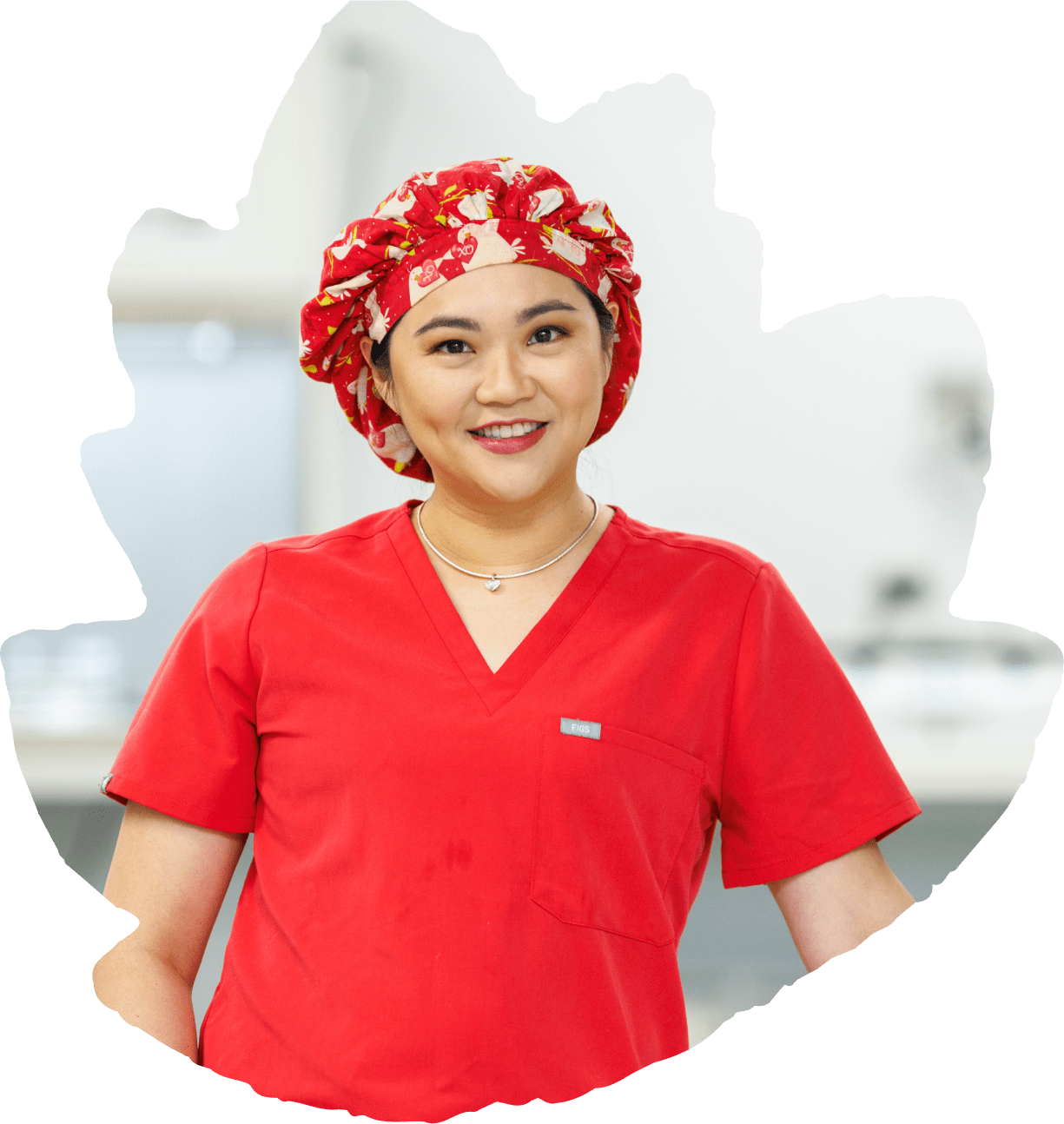About
Fertility Medicine
Early Pregnancy
Gynaecology
Treatment and Procedures
Clinic Info
Contact



The symptoms of PCOS can vary significantly from one individual to another, but commonly include irregular menstrual cycles, excessive hair growth (hirsutism), acne, scalp hair thinning, and weight gain. Many women with PCOS also struggle with infertility due to irregular ovulation or anovulation.
Diagnosing PCOS typically involves a combination of clinical evaluation, ultrasound imaging to visualise the ovaries, and blood tests to measure hormone levels. A diagnosis is usually made based on the presence of at least two of the following criteria: irregular menstrual cycles, signs of high androgen levels, and polycystic ovaries on ultrasound.

Contact us today to schedule a consultation and take the first step towards realising your parenthood goals.


